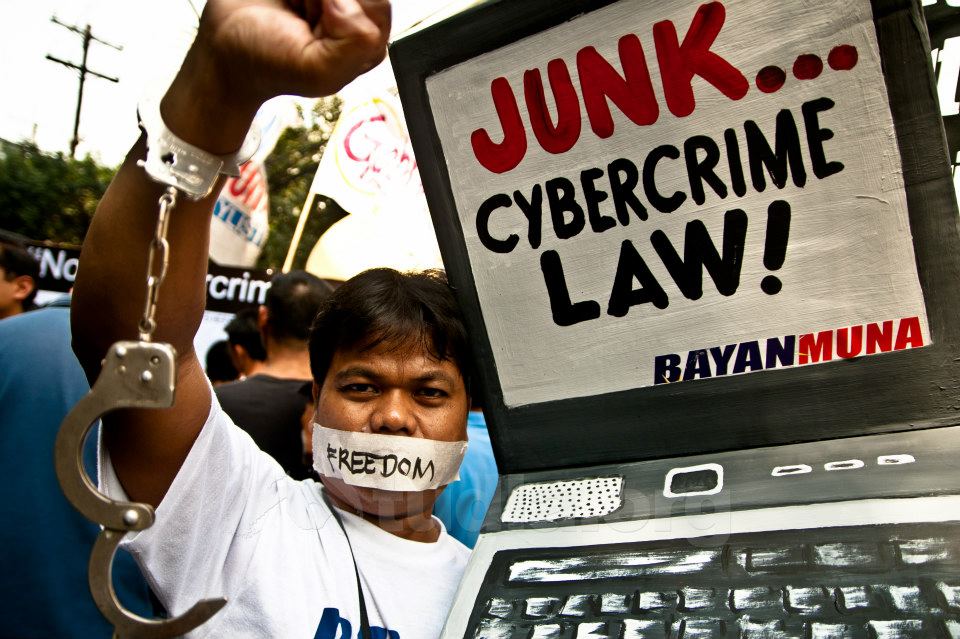In a concerted effort to strengthen legislative transparency and improve journalistic capacity on digital rights and information governance, Internews Liberia, in collaboration with the Independent Information Commission (IIC), the Center for Media Studies and Peacebuilding (CEMESP), and the Ministry of Posts and Telecommunications, has conducted a one-day orientation and reporting workshop for legislative journalists.
The workshop, held at the Corina Hotel in Sinkor, brought together 30 legislative reporters. It focused on three important legal instruments currently under review or already in effect, including the Draft Standalone Personal Data Privacy and Protection Law, the Draft Cybercrime Act, and Liberia’s existing Freedom of Information (FOI) Law.
The training was part of the ongoing Liberia Media Initiative (LMI) and Liberia Media Empowerment Project (LMEP), both funded by the European Union. These programs are being implemented by Internews Liberia and national partners such as CEMESP to promote good governance, access to information, and media sector reforms through capacity building and stakeholder engagement.
The orientation took place just after President Joseph Boakai submitted the Draft Personal Data Protection Bill to the House of Representatives. The bill is currently under review by the House Committee on Posts and Telecommunications. Simultaneously, the Draft Cybercrime Act is being considered by the Liberian Senate, making both laws critical components of the country’s legislative agenda.
Speaking during the event, Samuka V. Konneh, Project Director for LMEP at Internews Liberia, emphasized the importance of the proposed laws and how they impact not just journalists but all citizens.
He noted that the Personal Data Protection Bill, once passed, will provide legal safeguards for individuals’ private information collected by both public and private entities. According to Konneh, without such a law, there are no legal remedies for Liberians whose personal data may be misused or exposed.
He also stressed the need for journalists to understand the scope of the Cybercrime Act, which seeks to address digital threats such as hacking, data breaches, online harassment, and identity theft. Konneh noted that while cybersecurity and digital threats are common topics in the media, many journalists are unfamiliar with the legal and technical language surrounding the issues.
He described the orientation as an opportunity for media practitioners to gain the necessary knowledge to explain these laws to the public and hold policymakers accountable during the legislative process.
Konneh called on journalists to use the training as a platform to support progressive legal reforms and to fight misinformation. He encouraged participants to revisit the FOI Law, which has been in effect for more than a decade, and assess how it has served the media in their quest for public information. He said journalists must not only use the law effectively but advocate for its full implementation.
Also speaking at the event, Malcolm Joseph, Executive Director of CEMESP, described the passage of the two draft laws as long overdue. He explained that the average Liberian frequently submits personal information to institutions–whether for SIM card registration, medical treatment, national identification, or school enrollment–without asking how that data is stored or protected.
He emphasized that a comprehensive Data Protection Law would regulate how such information is collected, stored, and shared, offering legal protections and setting standards.
Joseph further highlighted the growing threat of cybercrime in Liberia, citing incidents of digital impersonation, online abuse, and unauthorized access to personal and institutional information. He said the lack of a Cybercrime Law places Liberians at risk and that the country must act quickly to catch up with its regional counterparts.
Joseph encouraged journalists to use their platforms to explain the contents of the bills to the public, dispel rumors, and put pressure on lawmakers to act in the interest of citizens’ digital rights.
Lorpu Page, Executive Director of the Independent Information Commission, welcomed the initiative and commended Internews for organizing the training. She said that in today’s digital world, the right to privacy is being challenged daily due to the unregulated collection and misuse of personal data. Page noted that the IIC fully supports the passage of the Data Protection Bill and is prepared to help implement the law once enacted. She advised journalists to report responsibly and to raise awareness about the implications of data misuse and digital exploitation.
Representing the Ministry of Posts and Telecommunications, Deputy Minister for Technical Services, Mohammed Massaley, echoed the urgency of passing both the Data Protection and Cybercrime Bills.
He pointed out that while many West African countries have already passed similar laws, Liberia still lags behind. Massaley stressed that the bills are not political tools, contrary to some claims that they are aimed at opposition figures. He clarified that everyone — regardless of political affiliation — is vulnerable to data abuse and cybercrime.
Massaley cited examples of how Liberians’ personal information, including hospital records, school transcripts, and phone numbers, have been shared without consent on social media, resulting in reputational harm and violations of privacy.
He asserted that these harmful practices would persist unless the legal framework is reformed. The Deputy Minister reaffirmed the Ministry’s openness to working with the media and civil society in ensuring the legislative process is transparent and inclusive.
He said that the Ministry is committed to sharing the full draft of the bills with journalists and public stakeholders and welcomed continuous dialogue as the legislative process unfolds. He urged the media to dispel misconceptions and to take ownership of public education around the laws, noting that journalists are key to building a society where digital rights are respected and enforced.
In closing remarks, Gerald Koinyeneh, President of the Legislative Press Pool (LEGISPOL), expressed appreciation to Internews Liberia and its partners for the training. He said that for journalists to accurately report on complex legislative matters, they must first understand them. Koinyeneh referenced the Press Pool’s newly adopted motto–“Bringing the Legislature to the Public”–as a reminder of the press’s responsibility to bridge the gap between lawmakers and citizens.
He encouraged his colleagues to share insights gained from the workshop with other legislative reporters and to remain committed to ongoing education on policy and governance issues. According to him, improved knowledge-sharing within the press corps is essential to raising the quality of legislative reporting in Liberia.
Copyright 2025 FrontPageAfrica. All rights reserved. Distributed by AllAfrica Global Media ().
Tagged:
Liberia,
NGOs and Civil Society,
West Africa
Provided by SyndiGate Media Inc. (
Syndigate.info
).






